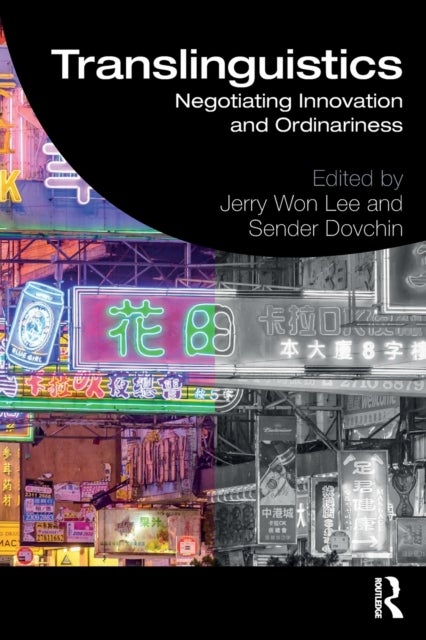
Translinguistics
579,-
<P>Translinguistics represents a powerful alternative to conventional paradigms of language such as bilingualism and code-switching, which assume the compartmentalization of different ''languages'' into fixed and arbitrary boundaries. Translinguistics more accurately reflects the fluid use of linguistic and semiotic resources in diverse communities. </P><P>This ground-breaking volume showcases work from leading as well as emerging scholars in sociolinguistics and other language-oriented disciplines and collectively explores and aims to reconcile the distinction between ''innovation'' and ''ordinariness'' in translinguistics. Features of this book include:</P><UL><P><LI>18 chapters from 28 scholars, representing a range of academic disciplines and institutions from 11 countries around the world;</LI><P></P><P><LI>research on understudied communities and geographic contexts, including those of Latin America, South Asia, and Central Asia;</LI><P></P><P><LI>several chapters devoted to the








